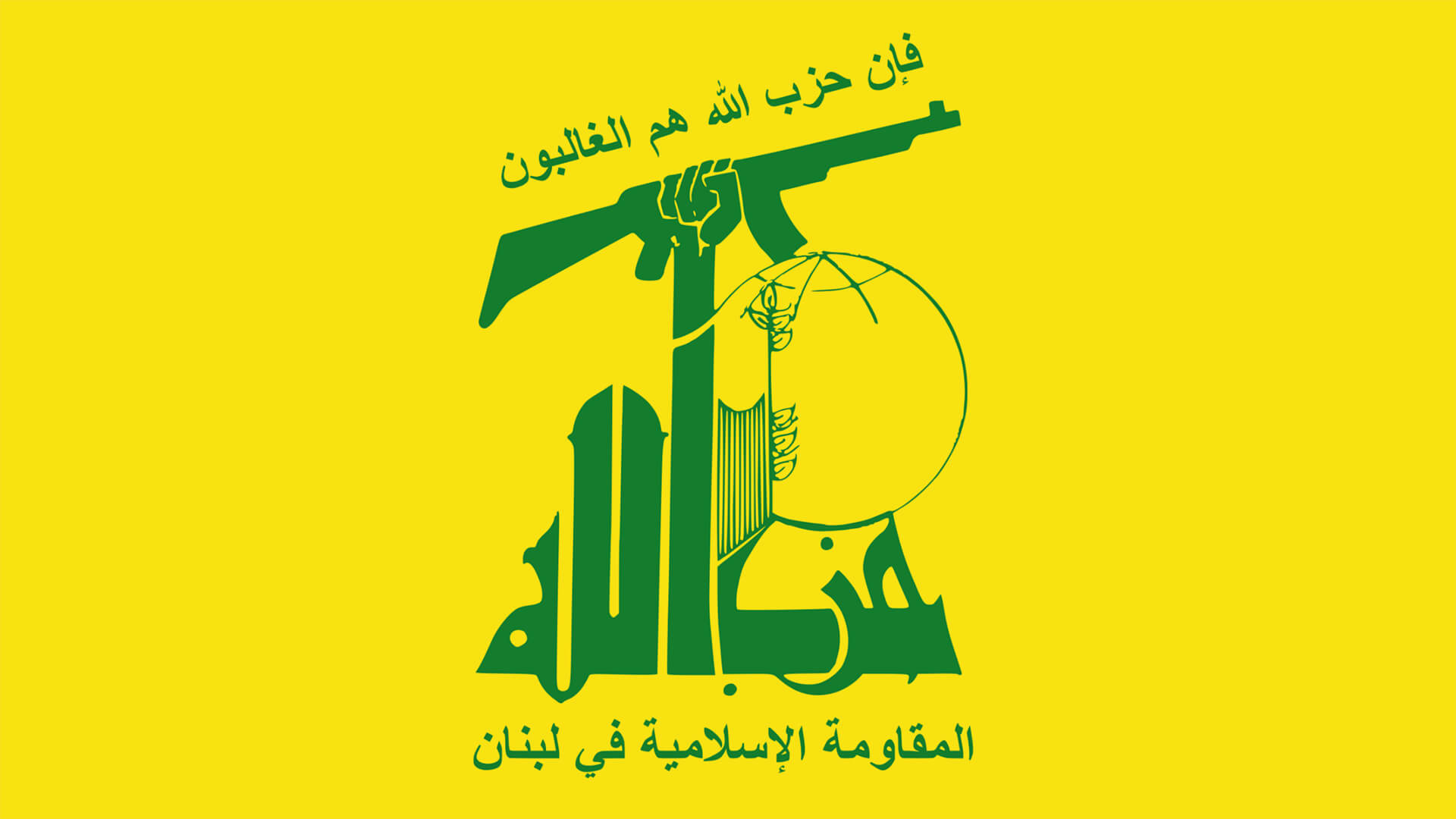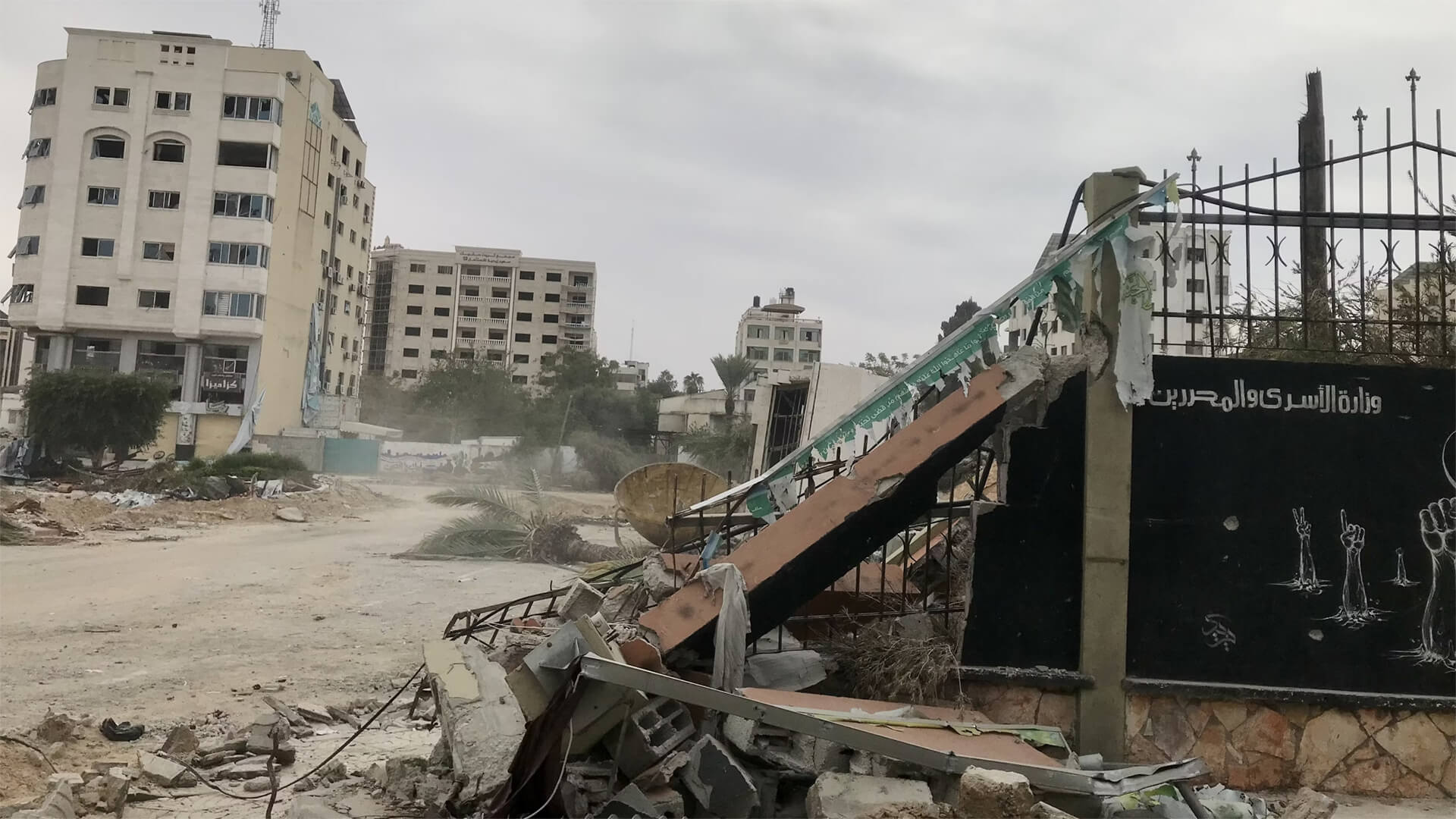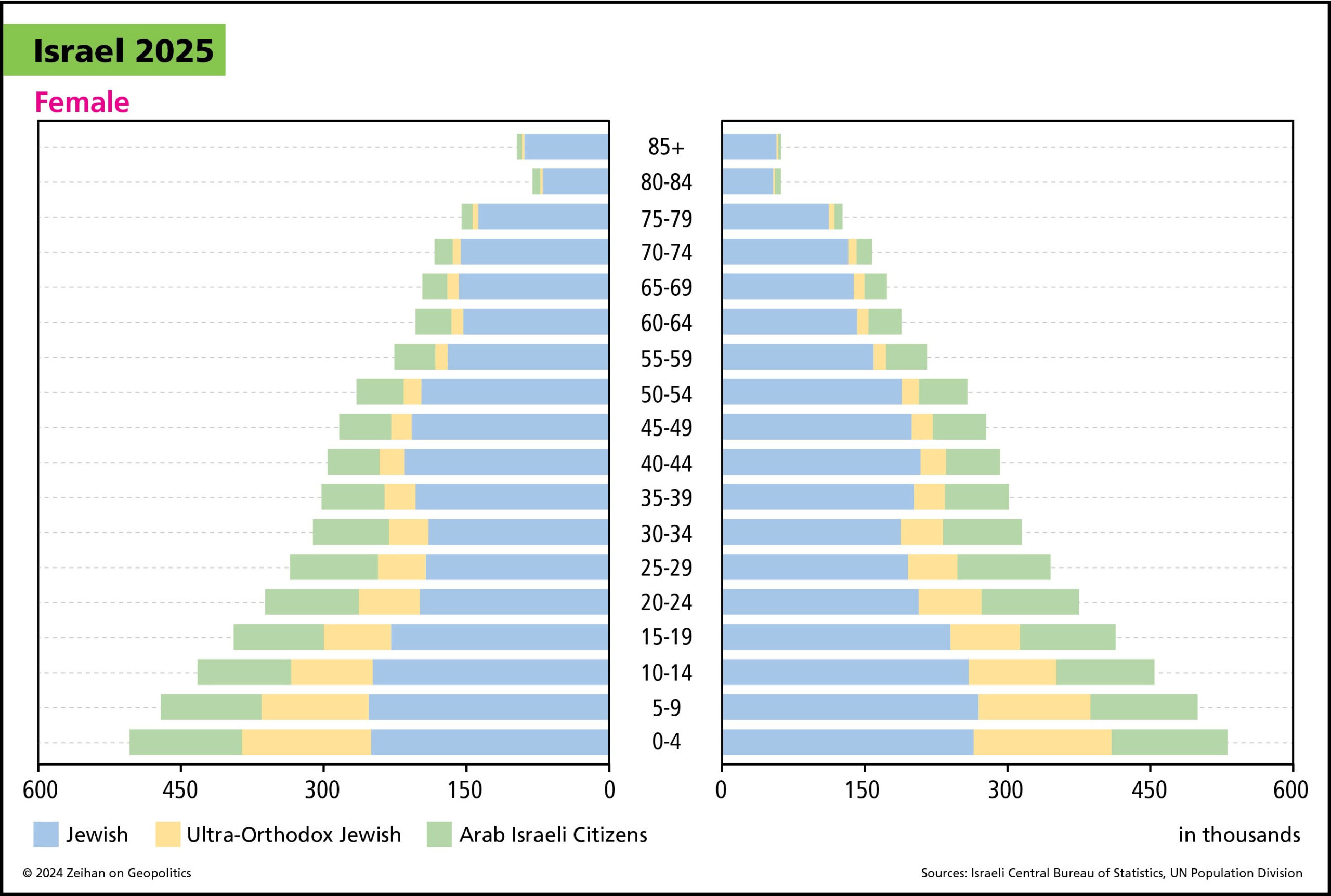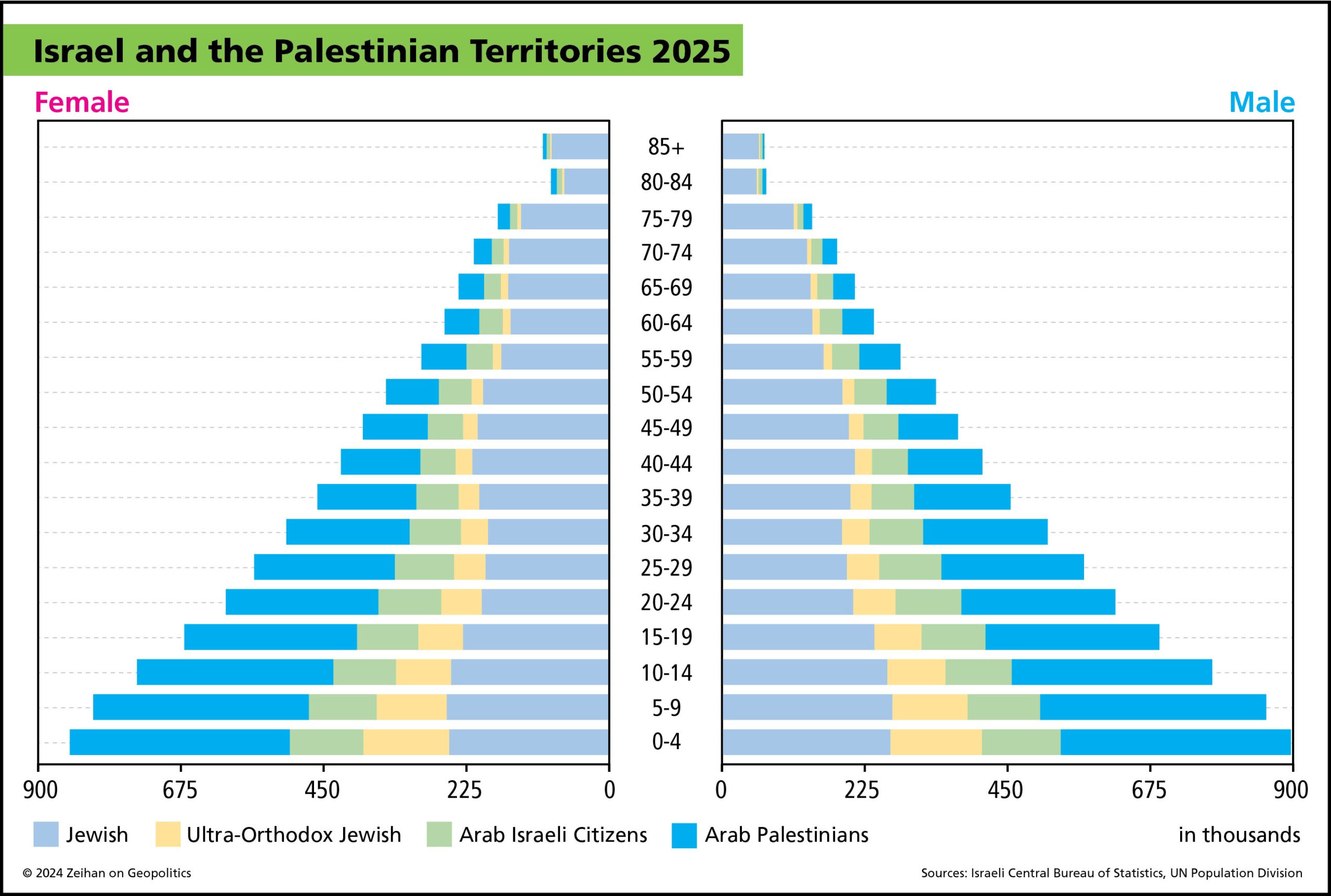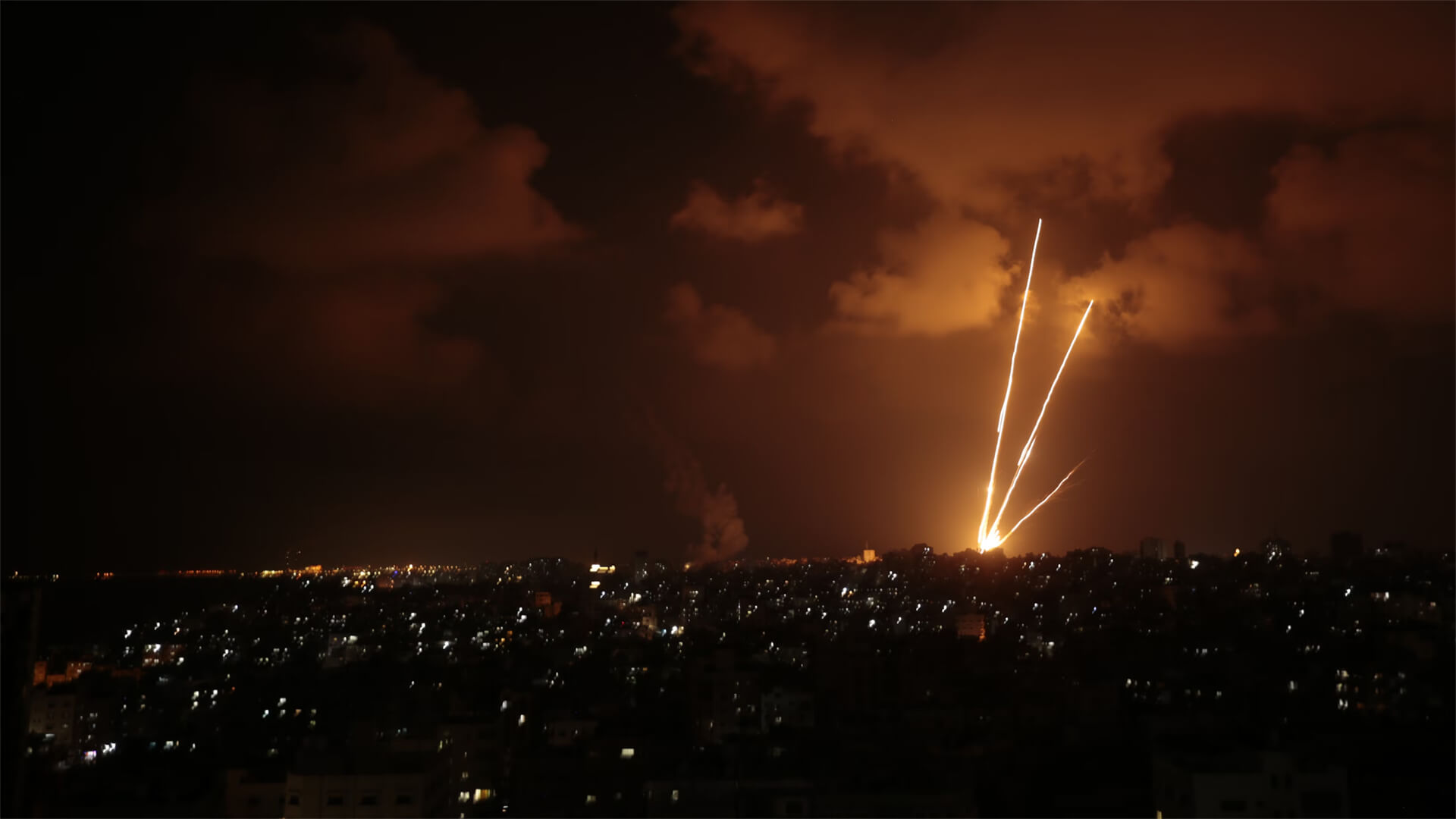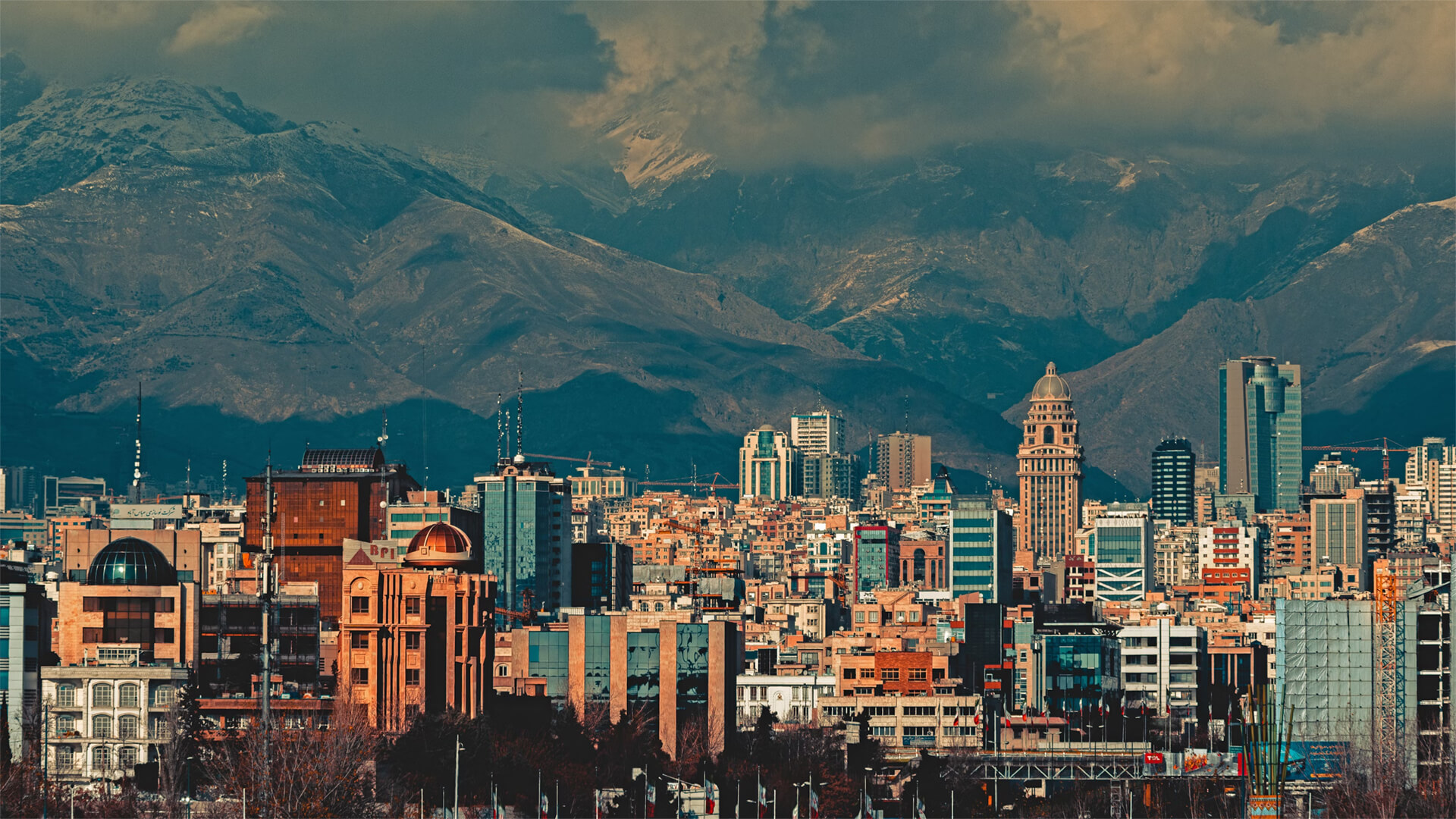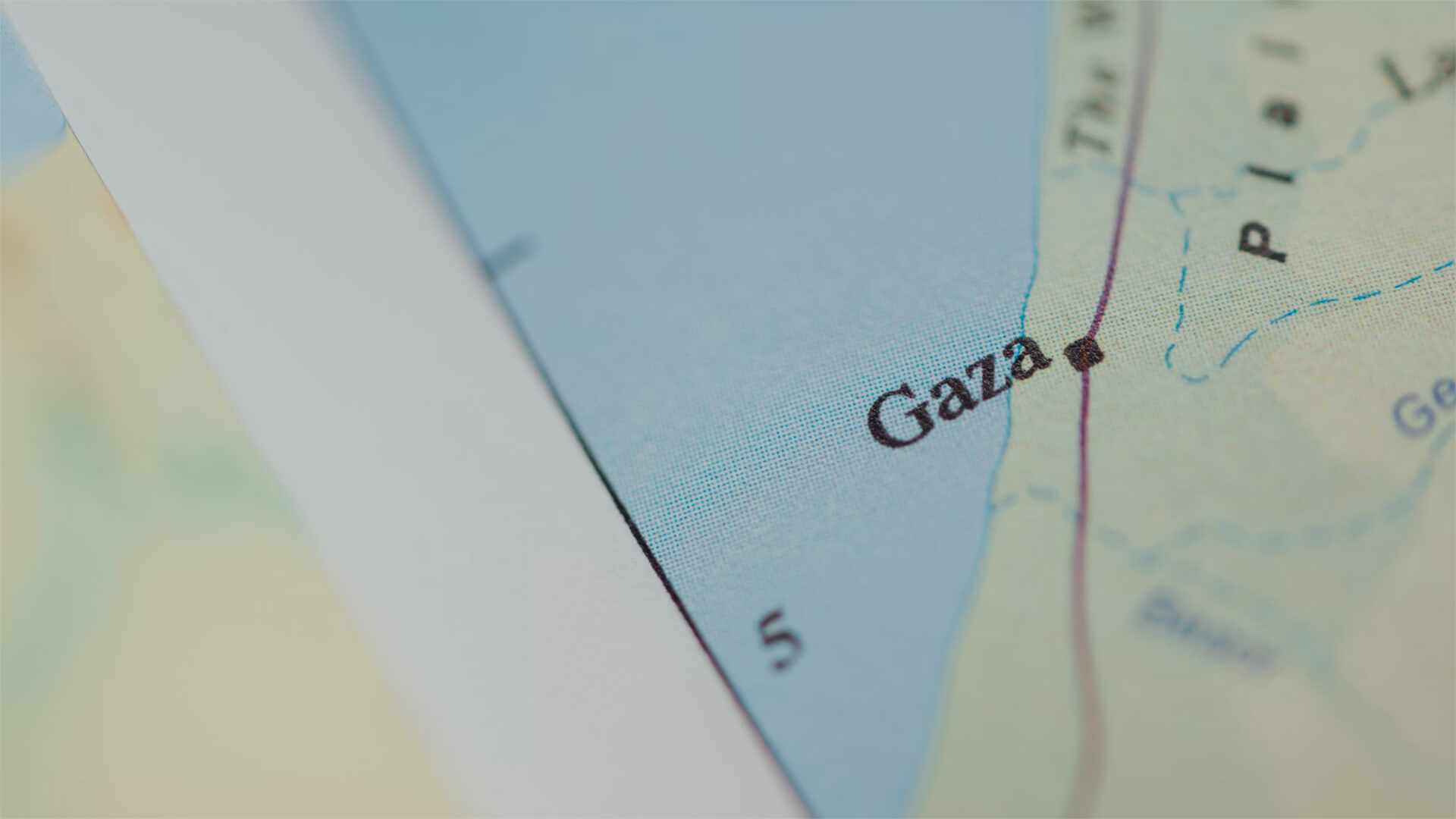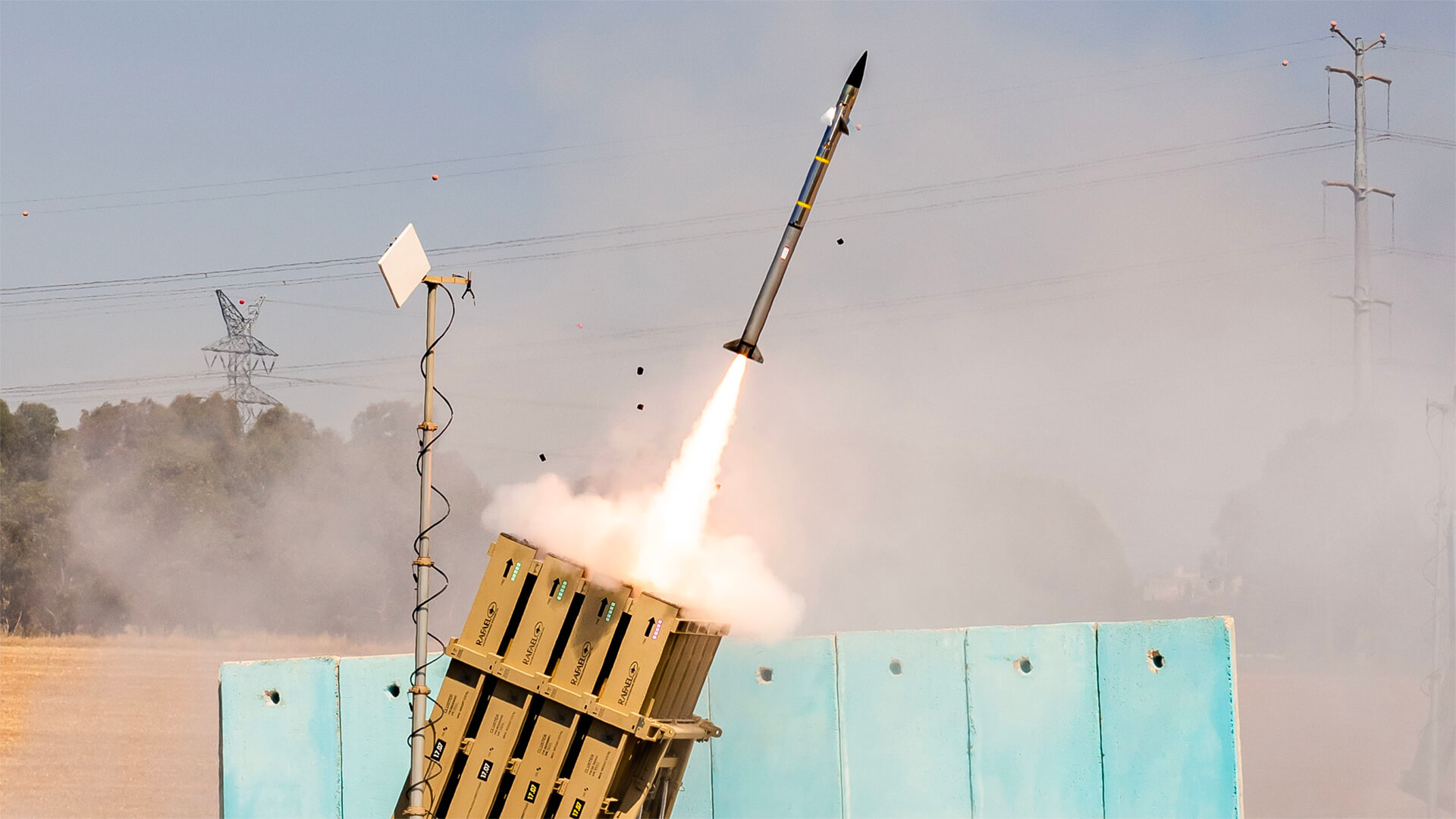You’re receiving this video a week after its initial posting on Patreon. If you’d like to get access to this content as soon as it’s released, along with a number of other exclusive perks, click the link below.
Following my video on Iran’s attacks from the other day, I feel it necessary to explore the possibility of an Israeli strike on Iran’s oil sector and the affect it would have on global markets.
Iran’s oil exports hover around 1 million barrels per day. Thanks to sanctions, mismanagement, and maturing fields, production has taken a hit over the years. Regardless, that’s a million barrels per day that could vanish from the markets, which means a $10-15 increase per barrel on top of the “war premium”. Not a global catastrophe, but it will still hurt.
The US is fairly insulated from shocks to the global oil markets (like this one), so I’m not worried about the US. Should this get really bad, the US president can authorize a suspension of crude exports which would create a glut of oil in North America…similar to what we’ve seen with natural gas prices.
Here at Zeihan On Geopolitics we select a single charity to sponsor. We have two criteria:
First, we look across the world and use our skill sets to identify where the needs are most acute. Second, we look for an institution with preexisting networks for both materials gathering and aid distribution. That way we know every cent of our donation is not simply going directly to where help is needed most, but our donations serve as a force multiplier for a system already in existence. Then we give what we can.
Today, our chosen charity is a group called Medshare, which provides emergency medical services to communities in need, with a very heavy emphasis on locations facing acute crises. Medshare operates right in the thick of it. Until future notice, every cent we earn from every book we sell in every format through every retailer is going to Medshare’s Ukraine fund.
And then there’s you.
Our newsletters and videologues are free and we will never share your contact information with anyone. All we ask is that if you find one of our releases in any way useful, that you make a donation to Medshare. Over one third of Ukraine’s pre-war population has either been forced from their homes, kidnapped and shipped to Russia, or is trying to survive in occupied lands. This is our way to help who we can. Please, join us.
Transcript
Hey everybody, Peter Zeihan here, coming to you from the beautiful chaos that is Dallas Love Airport, headquarters of Southwest Airlines. In the aftermath of a video I recently did on the Israelis and their potential strike on Iran — specifically targeting the oil sector — I thought it would be worth noting how that could affect a few things, most notably here in the United States.
So, Iran’s oil production has been suffering for years. Part of it is due to sanctions, but mostly it’s because their regulatory regime is really punishing for would-be foreign investors. They basically require that the state take a leading role in everything, and the state company is not very good. Most of the oil fields in Khuzestan are mature and require a lot of technology that the Iranians don’t have and don’t understand in order to make them produce meaningfully.
Everything else worth having is offshore, but the Iranians have absolutely no ability to operate offshore by themselves. So while the numbers that officially hit the market ebb and flow because of the sanctions regime — and whether or not the Iranians are attempting to sneak around sanctions — the actual flow is about a million barrels per day of exports. Sometimes it’s as low as 400,000, sometimes it feels a little bit higher, but about a million. Now, if you remove a million barrels a day from the market, we’re going to feel it. But that’s only 1%, so you would expect, in a purely market-driven environment, for that to kick up prices by ten, maybe fifteen dollars a barrel. Of course, since it would be due to someone dropping a bomb on something, there would be a war premium on top of that.
The impact globally is going to be felt, it’s going to be real, but it’s not going to be huge. As for the United States, I’m really not concerned. The U.S. is no longer an energy importer. We’ve come a long way since 2007, when we were importing something like 14–15 million barrels a day, thanks to the shale revolution.
The United States is now arguably one of the lowest-cost producers in the world, and our production is well over 20 million barrels a day. Moreover, the U.S. has diversified its economic strength and is now absorbing far fewer barrels. Now, if you look at the headline numbers, you’re not going to see that, but that’s because the U.S. Energy Department calculates things differently from everyone else.
We look at the amount of crude we actually consume in total, including what goes into our refineries for products that are then exported. That’s not how most countries do it. The argument here is that nobody consumes raw crude; it has to be turned into something. So, it’s not a stupid way to look at the data, but it does make it seem like we are more dependent on international trade than we actually are.
In fact, if you consider all the types of crude that the U.S. produces — raw crude, natural gas liquids, condensates — we now have such a huge surplus that by the end of this year, the U.S. will be exporting 5 million barrels a day of roughly defined product. In the history of the petroleum era, there are only three countries that have ever produced more than 5 million barrels per day of raw crude, and we’re exporting that much in refined product.
So, the degree to which the United States is insulated from this is robust. Now, do keep in mind that oil is an internationally traded product, and so there is more or less a single global oil price point because it is an easily exchanged commodity. But if we ever get to the point that there is an oil shock — I don’t think that will happen with Iran — but if we do, and prices get to a point that the American president finds untenable, the U.S. president, courtesy of powers granted back in 2015, has the authority to summarily suspend all exports of raw crude. And we do a lot of that too. If that happens, the crude gets trapped within North America.
We get a supersaturated energy market, and then North American energy prices separate from global energy prices in a manner very similar to what has already happened with natural gas prices. U.S. natural gas prices, because of a similar glut in natural gas, are as a rule one-fourth to one-eighth what they are in Europe or Asia. So if we ever do get into a situation where crude prices get sketchy, you can count on the American president — whoever it happens to be — to enact that power.
Then, all of a sudden, we’ve got energy prices here that rarely go above $60, because every shale oil field we have is cost-competitive at that price, while everyone else screams past $100 on their way to $200 and more.
Okay, that’s it for me. Of course, the biggest downside of being here is that, because Southwest is a hub and it’s open seating, you have to check in 24 hours online in order to get a decent seat. And because I was launching this new thing called Patreon 24 hours ago, I forgot. So I am C-51. I will be the sad person up against the bathroom, trying to squeeze this lengthy, 6-foot-5 frame into a middle seat that does not recline. Pray for me.


